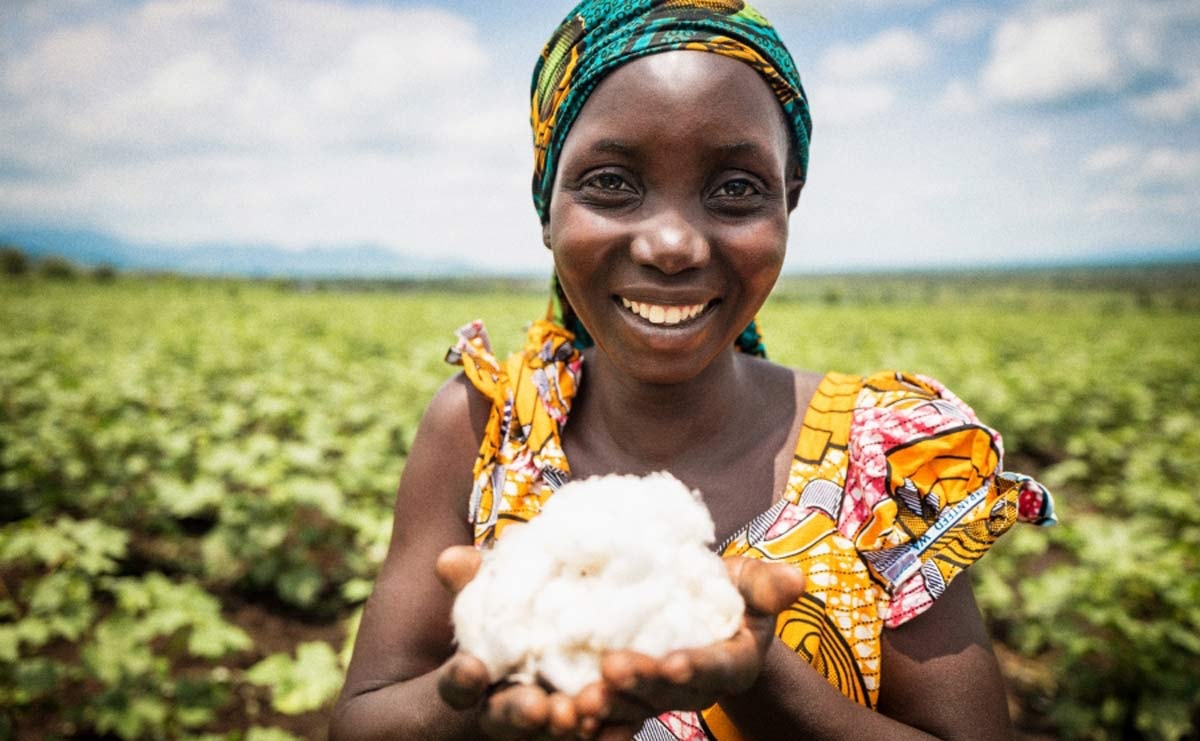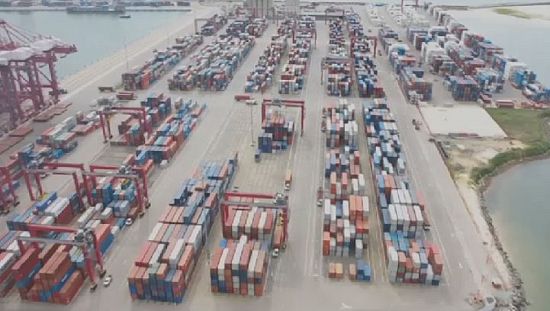TRADE AND INVESTMENTS
Foreign direct investment (FDI) in Benin
Benin set up a large series of reforms in order to improve
the business climate and attract FDI. According to the UNCTAD World Investment
Report 2019, FDI inflows increased from USD 200 million to USD 208 million
between 2017 and 2018. The stock of FDI has also been rising, reaching USD 2.2
billion the end of 2018 (representing 21.6% of the country's GDP). The National
Infrastructure Development Plan, that contains a series of private-public
partnerships, should help boost FDI. The main investors are France, Nigeria,
Brazil, the Ivory Coast and Senegal. The other main foreign investing countries
are other European countries and Canada.
According to the reports, Benin improved the reliability and
transparency of the land administration system by publishing official
statistics on land transactions and land disputes for the previous calendar
year and committing to deliver a legally binding document within a specific
time frame (Doing Business).
It should be noted that the current government, since its
establishment, has implemented new reforms to foster investment. These include
creating a unified regulatory framework for public-private partnerships, a
single business registration desk as well as multiple tax incentives to support
private investments. Moreover, the Talon administration initiated a process to
modernise public procurements’ provision, and to revise fees to transfer state-owned
lands. The tax regime in place was also simplified to favour micro and small
enterprises (Synthetic Professional Tax).
What to consider if you invest in Benin
Strong Points
Among the factors that make Benin an attractive destination
there are:
• the countries
location and its membership in the UEMOA and ECOWAS
• political
stability
• reduced
formalities for investors with a beneficial Investment Code
• customs
and tax benefits available on the Industrial Free Zone
• a
steadily growing economy
• the launch
of a USD 15 billion five-year Government Action Plan (2016-2021).
Government Measures to Motivate or Restrict FDI
The government of Benin is actively trying to improve the
country’s business environment and attractiveness to foreign investment.
A new law to facilitate public-private partnerships has been
enacted and is expected to attract additional FDI. Furthermore, the government
launched an very ambitious USD 15 billion five-year Government Action Plan
(2016-2021), structured around 45 major projects, 95 sector-based projects
(concentrated in infrastructure, agriculture and agribusiness, tourism, health,
and education), and 19 institutional reforms. In 2016, Benin passed a law
establishing a commercial tribunal of first instance and a commercial appellate
court, in order to speed up the settlement of business-related disputes.
The country’s Investment Code allows for the creation of
Free Trade Zones and establishes incentives such as tax reductions for
investors. However, at the moment, out of the three FTZ established in the
country, only the one located near the Nigerian border is active. Depending on
the size of the investment, free trade zone investors may benefit from reduced
tax liability on profits, and duty free on imported inputs including raw
material and equipment, exported finished products, or imported industrial
equipment for up to one year from the date of business registration.

Benin is a LDC with a strong agricultural potential. Its
main exports are cotton, cashews, shea butter, textiles, palm products, seafood
and increasingly pineapple for which ITC participated in increasing south-south
cooperation with Maghreb countries (Morocco and Tunisia). Under the JITAP
Programme ITC has also helped the country to develop two (2) export strategies
on cashew nut and cassava and has also assisted Benin in the ACCESS programme
under PACT2. The country is currently undertaking a one of a kind tier 2
project under the Enhanced Integrated Framework which would involve three UN
agencies (ITC, UNIDO, UNCTAD) aimed at enhancing the country’s production and
trade capacities.
In terms of regional integration, Benin is a member of the
Economic Community of West African States (ECOWAS), the West African Economic
and Monetary Union (WAEMU) and the Community of Sahel-Saharan States (CEN-SAD).
Benin plays an important role in sub-regional trade thanks in particular to the
Port of Cotonou which makes Benin a transit country for the transport of goods
to and from Niger, Burkina Faso, Mali, Chad and Nigeria.

Overview of Resources
Benin’s mining sector mainly produces industrial minerals.
In 2010, the industrial minerals production included cement, limestone, marble,
clay, sand and gravel.


